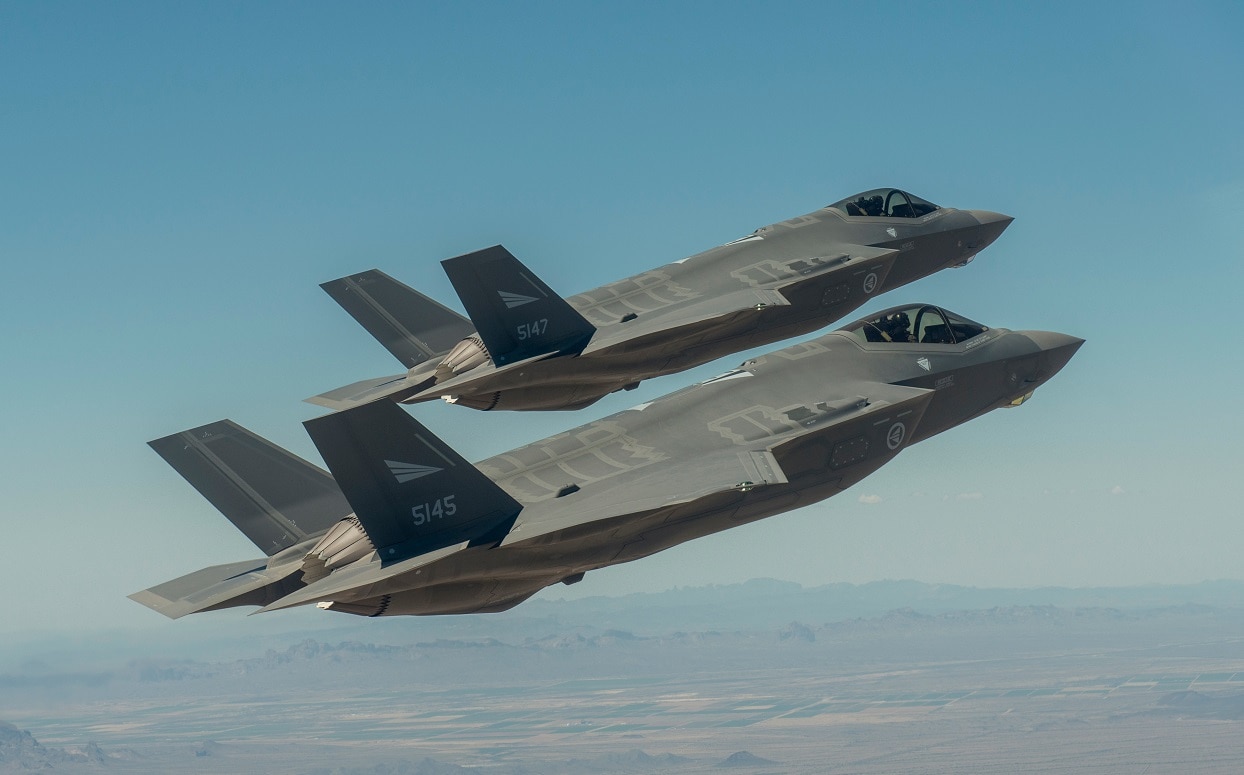With Russia’s 2022 invasion of Ukraine and the ongoing accession process of Sweden and Finland into NATO in the background, a different dispute is building in the Arctic, this time between Russia and Norway. The central irritant of this latest kerfuffle is not Norway’s membership in NATO or its Western alignment – instead, it is over the status of the Norwegian-owned archipelago of Svalbard. Russian legislators have challenged the islands’ existing and complex legal status quo, while Norway has attempted to quiet Russian fears and deflect its threats.
What is Svalbard, and why is it so Complex?
Svalbard is an archipelago with a population of a little under 3,000 people located more than 400 miles north of the closest mainland Norwegian coast. As a political entity, Svalbard’s status is governed by the Svalbard Treaty, which was originally enacted in 1920 by a collection of European states.
While the treaty officially recognized and affirmed Norway’s ultimate sovereignty over the archipelago, it also granted the signatories of the treaty the right to engage in whatever economic activities or resource extraction operations they desired. Under the terms of the international agreement, the archipelago was placed under a visa-free entry regime extended to every signatory state of the treaty separate from the rest of Norway. The treaty has since been ratified by 43 countries on every continent other than Antarctica.
While Russian miners had been present on Svalbard since 1913, the purchase of the mining settlements of Grumant, Pyramiden, and Barentsburg by the Soviet state-owned coal mining company Arktikugol in the late 1920s and early 1930s is the origin of today’s Russian presence on the island. Today, only Barentsburg remains, which is home to 370 Russian-employed people, a decrease from its 1,500-person peak at the end of the Cold War. As an ironic twist of fate, many of the town’s modern residents are Ukrainian coal miners, which has caused some tensions to emerge in the community.
Why are Tensions Boiling Over Now with Russia now?
Although tensions between Russia and Norway have not come to blows, they have indeed built up to levels unseen in recent memory. In a situation that mirrors the question of Russian transit rights through EU-member Lithuania to Moscow’s exclave of Kaliningrad, Russian officials began to protest loudly in June when the flow of supplies to Barentsburg, which usually cross over Russia’s land border with Norway before continuing to the Russian settlement, was interrupted by the enforcement of EU ground transport sanctions on Russia which entered into force in April. While Norway has insisted that its freeze on the land-based transport of goods destined for Barentsburg is simply an application of wider international sanctions, the Russian foreign ministry and Arktikugol officials warned in May of the possibility of shortages in the future if the shipment of food and supplies halted at the border were not allowed to continue to Svalbard.
The Russian Duma and Federation Council have led the charge in threatening to upend Moscow’s relationship with Oslo over the issue of transit rights to Svalbard. On June 29, Russian Federation Council Deputy Speaker Konstantin Kosachev accused Norway of violating the terms of the Svalbard Treaty, while simultaneously raising the idea that Norway’s sovereignty over the archipelago would no longer be valid if it did not adhere to the treaty. In response, Norwegian Foreign Minister Anniken Huitfeldt denied that Norway was violating the terms of the treaty and pointed out that Russia remained free to directly ship supplies to Barentsburg by sea, instead of relying on ground transport to a Norwegian port.
On July 5, Duma Speaker Vyacheslav Volodin asked the head of the Duma’s Committee on International Affairs to consider repudiating the treaty, which demarcates Russia’s maritime borders with Norway, potentially expanding the scope of the dispute. This threat joins earlier odious suggestions from the Russian Ministry of Foreign Affairs that so-called “unfriendly” actions by Norway would incur unspecified “retaliatory measures” as well as accusations that the sanctions on the ground transport of Russian goods on EU territory, which Oslo is enforcing, are themselves illegitimate.
Can Russia Put the Crisis to Rest?
However, in an effort to defuse tensions on the issue, Norway appears to have partially relented to the mounting Russian demands surrounding the shipment in question. According to Norwegian media, the shipment which had been stopped on the Russia-Norway border, was taken to the port of Tromsø for shipment on a Norwegian vessel en route to Svalbard. Norwegian officials claimed that the decision to facilitate the shipment’s movement from the border was made in consultation with Russian officials. Even though Norwegian Foreign Minister Huitfeldt encouraged Arktikugol to develop alternative routes to supply Barentsburg, it is unclear if Russia will seek to avoid further confrontation by shipping its supplies from the northern Russian port of Murmansk, or if the release of the shipment in question is a one-off fix that will not address a future confrontation.
Despite Russia’s vague threats to retaliate and Kosachev’s continued pontification on Telegram as to whether treaties such as the one delineating the maritime border between Russia and Norway can be scrapped, it does not appear that Russia intends to retaliate with physical force, as evidenced by the continued movement of troops out of the Russian western Arctic to fight in Ukraine. Nonetheless, it is yet to be seen whether this crisis has been resolved in a sustainable manner, or if Russia will again raise the prospect of pulling the rug out of the international treaty architecture governing its relationship with Norway in the Arctic.
Wesley Culp is a Research Fellow at the Center for the Study of the Presidency and Congress. He regularly writes on Russian and Eurasian leadership and national security topics and has been published in The Hill as well as in the Diplomatic Courier. He can be found on Twitter @WesleyJCulp.

